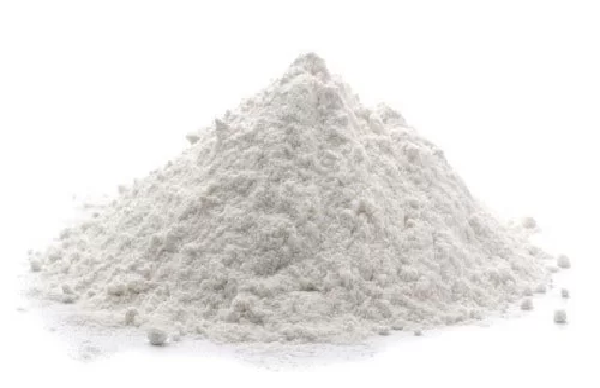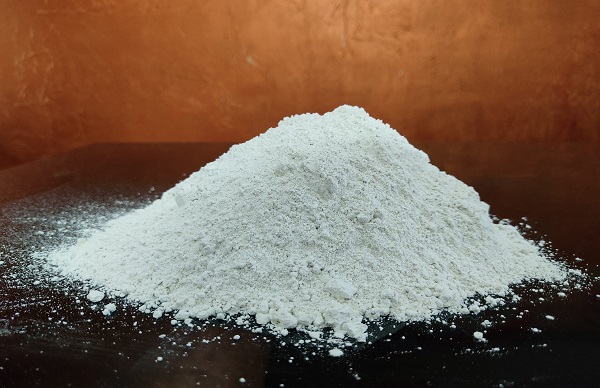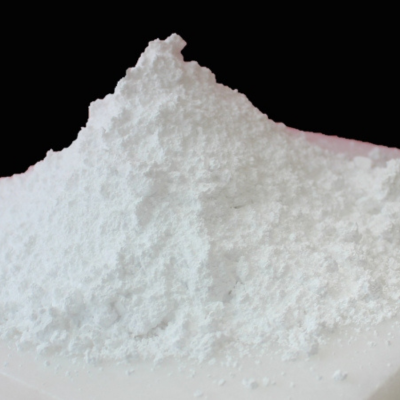
What is the use of dolomite powder
October 10, 2024
Is white rangoli powder made of dolomite?
October 10, 2024What is Dolomite Powder?
The natural dolomite powder, which is calcium magnesium carbonate, is important for agricultural operations. It is mainly used for improving the soil as well as increasing crop productivity. Due to these characteristics, it is valuable and can be used with many types of crops and soil. In this article, we will learn about the benefits of using dolomite powder for cultivation and tips for its application.
Major roles of Dolomite Powder?
Dolomite powder is produced from calcium and magnesium-containing dolomite rock. Often manufactured to a fine particle size, this product can be used in a wide range of agricultural settings. Its major roles in agriculture include improving the physical properties of the soil and providing nutrients to plants, which in turn leads to improved crop quality and quantity.
Source of Nutrients
Dolomite powder is a great source of magnesium and calcium, which are two of the most important nutrients for plants. Magnesium is needed for photosynthesis and the functioning of enzymes, while calcium is needed for making cell walls. This is why farmers sprinkle dolomite powder on the soil to foster the healthy growth of plants.
pH Regulation of Soil
It is also used to adjust soil pH; dolomite powder is recommended for acidic soils. It helps control soil acidity and makes it suitable for growing crops that may not thrive in existing conditions. Dolomite powder helps maintain the optimal pH level for most plants, which ranges from 6.0 to 7.0.
Better Soil Structure
When added to the soil, dolomite powder improves drainage and aeration, enhancing soil texture and structure. This is especially useful in clay soils, where compact soil makes it difficult for roots to develop. Better root development leads to healthier plants and improved water penetration.
Enhanced Microbial Activity
Dolomite powder activates soil microorganisms beneficial to plants. These microorganisms help decompose organic matter and cycle nutrients, improving soil fertility and promoting plant growth.
Cost-Effective
Dolomite powder is more affordable than synthetic fertilizers for enhancing soil quality. Its long-term effects on crops make it a cost-effective choice for farmers.
Dolomite Powder in Cultivation – How to Apply
Soil Testing
Before applying dolomite powder, it's necessary to test the soil to determine its current pH and nutrient levels. This helps decide the correct amount of dolomite powder needed for the specific job.
Application Rate
The rate of applying dolomite powder depends on soil test results and the specific needs of your plants. Typically, 1 to 2 tons of dolomite powder per acre is used to enhance soil pH. For more specific guidelines, consult local agricultural recommendations.
When to Apply
Dolomite powder should be applied before planting. The best time to do this is in the fall or early spring. This allows the powder to interact with the soil and adjust the pH levels before planting.
Soil Incorporation
After applying dolomite powder, mix it into the soil by tilling or plowing the top few inches. This ensures even distribution of nutrients and improves plant root access to them.
Combination with Other Additions
Mix dolomite powder with compost or organic manure for a balanced soil environment. This improves the conditions for plant growth by achieving a nutrient-rich, well-structured soil.
Post-Application Monitoring
After applying dolomite powder, regularly test the soil and check crop yields. This helps assess the effectiveness of the amendments and allows for adjustments if necessary.
Safety Measures to Take When Using Dolomite Powder
Avoid Over-Application
Overuse of dolomite powder can raise soil pH too much, which may hinder the growth of some plants. Always follow the recommended application rates based on soil test results.
Check Compatibility with Other Products
Ensure that dolomite powder is safe to use with other soil conditioners and plant foods you plan to apply. Some combinations may be harmful to plant health.
Conclusion
Dolomite powder improves crop yields, soil quality, and ensures plants get the right nutrients. It's an essential tool for regulating soil acidity and improving soil structure. To maximize its benefits, follow the recommended application methods and rates. For high-quality dolomite powder, buy from established Dolomite Powder Manufacturers like Sudarshan Group, a renowned supplier of agricultural inputs.



